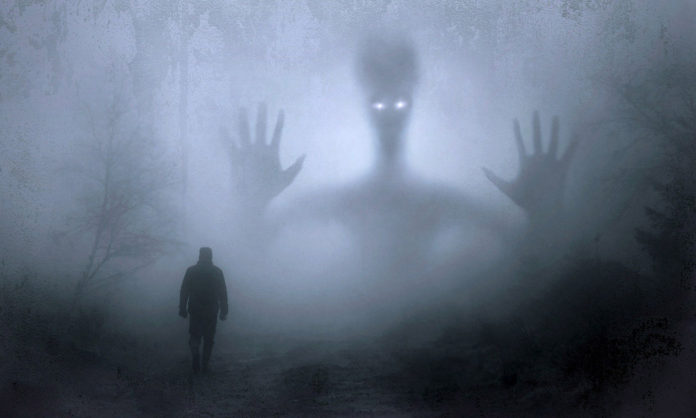
There’s a lot more to horror stories than horny teenagers and machetes. In a new blog post, Kristen Lamb talks about the lessons writers in any genre can learn from horror novels.
“People somehow forget that we can thank horror for some of the greatest works of literature from Mary Shelly’s Frankenstein to Bram Stoker’s Dracula to Shirley Jackson’s The Haunting of Hill House,” Lamb writes. “Horror has always pushed boundaries while shining a light on what we as a culture fear the most.”
Horror is a difficult genre to write well, in part because audiences have become desensitized, if not jaded. But when a writer does succeed, they can tap some deep emotions, including our fears.
“The more we understand fear, the deeper our writing becomes, the more meaningful, visceral, and profound,” Lamb says. “In love stories, fear might be of being alone, of never finding ‘the one’ or even losing ‘the one.’ In literary fiction, the fear can be of remaining the same, or of regressing, or of failing to evolve and learn the critical lesson provided by the story problem. Fear is the lifeblood of ALL fiction because conflict is always generated by fear.”
In horror – and all genres – there’s a big difference between conflict and a simple series of bad things happening, Lamb cautions. That difference is what separates a story that penetrates its audience and endures, and one that merely shocks and surprises.
In horror, conflict arises when the external stimulus – the thing that shocks and surprises – brings out the true nature of our characters, i.e., the thing inside. Does a character take a great risk to save others or act selfishly? Do characters cooperate against the big bad or becomes monsters themselves? “Sure humans are a nice enough bunch so long as there is food and shelter and the power works,” Lamb says. “But take away the conveniences. Scare people, really scare them and we get to see who they really are.”
This same lesson applies to non-horror writing as well. Conflict reveals character. “The story problem serves as a crucibel,” Lamb explains. “We can make our story forge so hot it rivals the surface of the sun, but unless we toss the character(s) in it? Doesn’t matter how hot it is. It is our job (no matter the genre) to poke and prod and expose that which people fear.”











